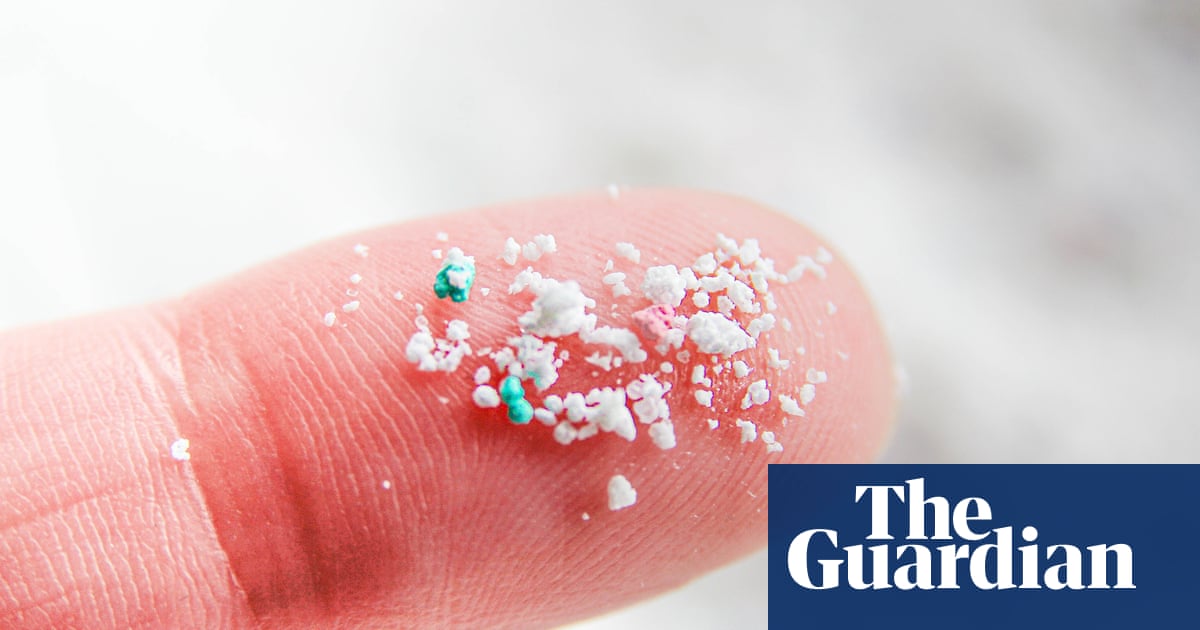Summary
A peer-reviewed study using real-time imaging found that microplastics can accumulate in mice brains, blocking blood vessels and mimicking blood clots.
The buildup reduced blood flow and impaired motor function, with exposed mice showing slower movement and weaker memory. Researchers suspect immune cells absorb plastic particles, which then get lodged in brain vessels.
While it’s unclear if human brains would experience the same effect, microplastics have been linked to neurotoxicity and cardiovascular disease.
Scientists urge further research to understand the health risks of microplastics in human blood.
Back in the day we had leaded gasoline working on people’s mental health.
Now we’ve doubled down with plastics and Covid.
Thank god I don’t have a mouse brain, my microplastics are surely harmless
I’m sure their microvessels are much smaller than ours.
Oh, about the same size in all species you say? Structural limitations? Neato



